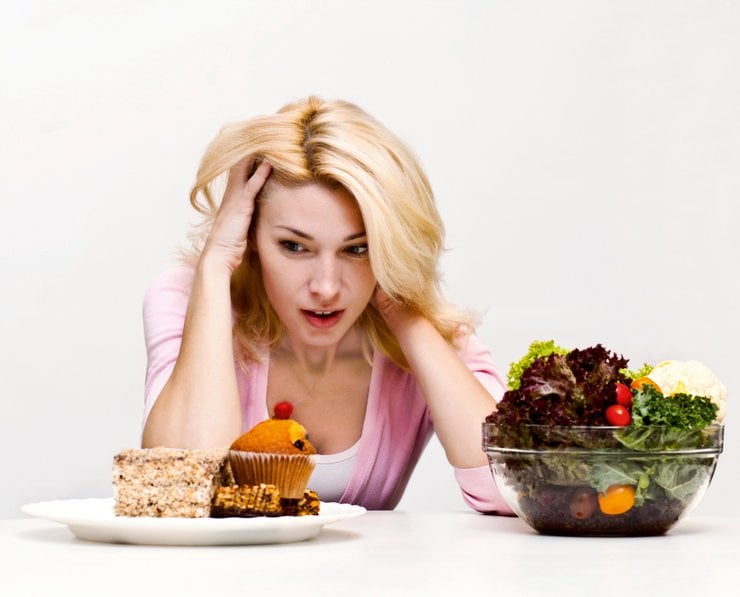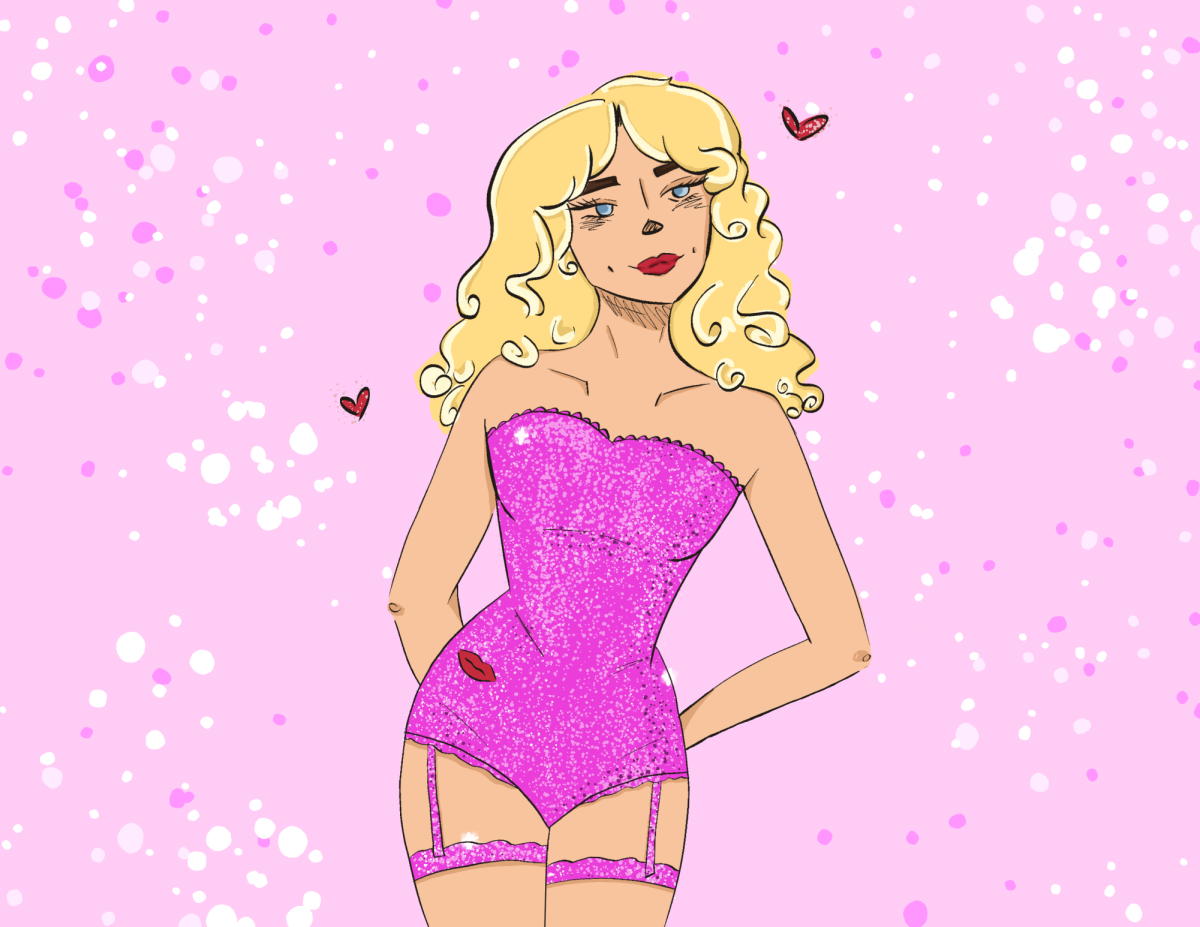Exam season is always a trying time, and it’s made worse by balancing pointless history essays with studying for chemistry. Lunch is skipped, sleep is short, and eyes are red. In my case, I tend to find myself feeling rather physically destitute and in need of instant gratification. And so I naturally decide to drown my sorrows in Jalapeno Pringles and Coca-Cola.
In retrospect, this always seems like a bad decision. Although snacks energize us for a couple of hours, they usually contribute an extra dose of sleepiness that results in spontaneous midday naps. But then again, logical decisions rarely play a role when a shelf full of chips is looming in front of you and beckoning you in. This is because we have an inexorable biological impulse that seeks out the fleeting bliss of comfort food.
In a study of college students’ eating habits conducted (rather appropriately) at the University of Alabama, researcher Dr. Julie Locher found that wildly unhealthy sodium-and-fat-packed foods such as cookies, steak and hamburgers often serve as quick fixes for stress problems. Another study at Cornell University attributed consumption of such foods to people suffering from negative emotions of any kind. The rapid release of pleasing ingredients into the body often serves as a kind of opiate, a solace to the headaches that high stress levels can cause. This explains, to some degree, the correlation between pre-test despair and the growing piles of empty Snickers wrappers.
Ironically though, the various diet-busters that we reach for usually end up increasing stress levels over time rather than alleviating them, to say nothing of their effect on our cardiovascular health. Particularly when combined with the inevitable cans of Red Bull that accompany late-night reading, they eventually make us feel permanently on-edge and even more harried than usual. This mood fluctuation can be ascribed in part to the neurotransmitter chemical norepinephrine. A close relative of adrenaline, norepinephrine keeps us awake when we need it, but starts wearing us down if it’s overused.
Of course, there’s an evolutionarily relevant reason for this seemingly destructive habit of ours. In times of intense physical need, when the body is deprived of sustenance and forced to perform at a high level, our body has a predilection for calorie-rich foods that can hold us over until the next time we’re able to eat. When we absentmindedly chomp into that chocolate chip cookie, our bodies decide that more of the same sugary goodness can help us ride out the storm. Ten minutes, and what was supposed to be four servings of Milanos in the name of “study food,” pass.
This leaves us with quite the quandary. If we try to repress our impulsive cravings, we will spend the day yearning for a quick hunger fix. But if we try to satiate them with calorie-filled snacks, we’ll probably end up feeling irritable, more stressed out, and tired. This leaves us with precious few alternatives, since a measly salad probably wouldn’t suffice anyway. Perhaps we should just do the healthy thing and study less.









Full Article • Nov 14, 2013 at 3:50 am
I enjoy the details on your websites. Thanks
a lot.
Hebrew tattoo • Nov 14, 2013 at 1:34 am
naturally appreciate your website nevertheless, you must check the actual spelling on some of the articles you write. A lot of possibilities rife having spelling issues and i also believe it is incredibly bothersome frankly conversely Let me certainly can come once more just as before.